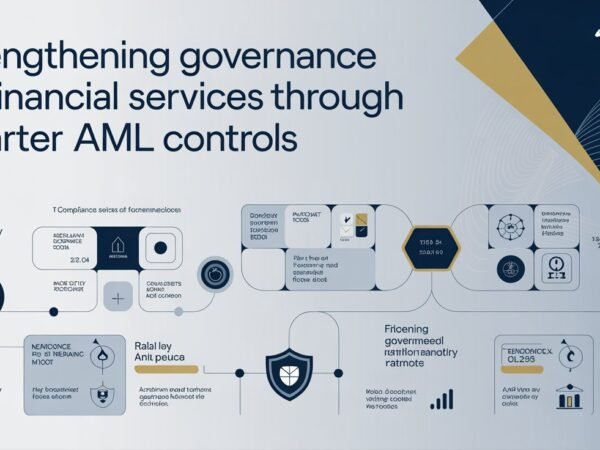Navigating a public relations (PR) crisis requires skill, strategy, and swift action. When a brand or organization faces a crisis, how it handles the situation can significantly impact its reputation and long-term success. To avoid exacerbating the problem, here are the top five mistakes to avoid during a PR crisis:
Ignoring the Problem
One of the gravest errors in managing a PR crisis is ignoring it. Whether it’s a product recall, a scandal, or negative media coverage, pretending the issue doesn’t exist or hoping it will go away on its own is not a viable strategy. Ignoring the problem can lead to increased speculation, misinformation, and a loss of trust among stakeholders. Addressing the issue head-on demonstrates transparency and a commitment to resolving the situation. Whether you made a mistake in your credit card marketing tactics or product development, it’s crucial to acknowledge the crisis promptly, provide clear information, and outline the steps to address the issue.
Providing Inconsistent Information
Consistency is key in crisis communication. Providing inconsistent or contradictory information can further damage credibility and create confusion. When addressing the crisis, ensure that all communications are aligned and accurately reflect the organization’s stance and actions. This consistency should extend across all channels, including press releases, social media updates, and spokesperson statements. Inconsistencies can be perceived as attempts to cover up the truth or a lack of control over the situation, which can erode public trust.
Failing to Take Responsibility
Attempting to shift blame or deny responsibility for the crisis can be detrimental. Stakeholders and the public often expect organizations to own up to their mistakes and take accountability. Failing to take responsibility can be seen as evasive or insincere, further aggravating the situation. Instead, acknowledge any errors or shortcomings, apologize sincerely, and outline the measures to rectify the problem. Taking responsibility and ensuring the correct use of power demonstrates integrity and a willingness to learn from the experience.
Overreacting or Underreacting
Striking the right balance in response to a PR crisis is crucial. Overreacting can amplify the crisis, making it appear more severe than it is while underreacting can make the organization appear indifferent or incompetent. Assess the severity of the situation and respond appropriately. A measured response should include timely updates, a clear action plan, and reassuring stakeholders that the issue is managed effectively. Overreaction and underreaction risk damaging the organization’s reputation and could lead to further complications.
Neglecting to Monitor and Adjust
A PR crisis is a dynamic situation that requires ongoing attention. Failing to monitor the crisis and adjust the response strategy as needed can lead to missed opportunities for effective communication and resolution. Continuously track media coverage, social media discussions, and public sentiment to gauge the impact of your response. Be prepared to adjust your strategy based on feedback and new developments. Regular updates and adjustments demonstrate a proactive approach and a commitment to managing the crisis effectively.
Conclusion
In summary, successfully managing a PR crisis involves avoiding key mistakes: ignoring the problem, providing inconsistent information, failing to take responsibility, overreacting or underreacting, and neglecting to monitor and adjust. Organizations can navigate crises more effectively by steering clear of these pitfalls, preserving their reputation, and ultimately emerging stronger. A well-executed crisis management strategy addresses the immediate issue and reinforces the organization’s commitment to transparency, accountability, and effective communication.
Do Read: What Are the Key Considerations for Setting Up Effective File Archiving Jobs in Large Systems?













